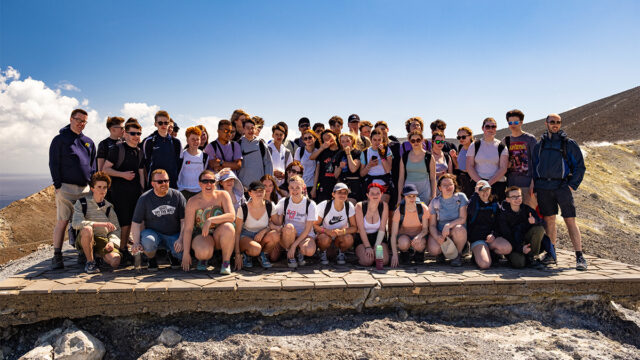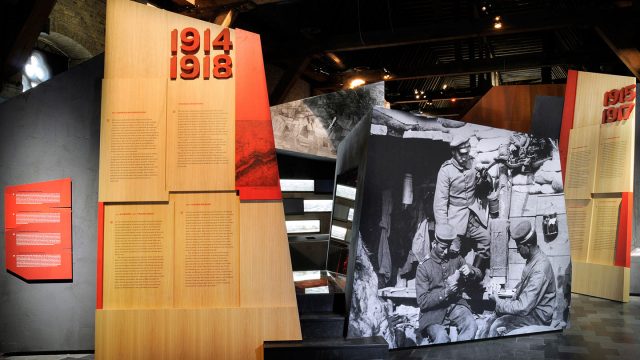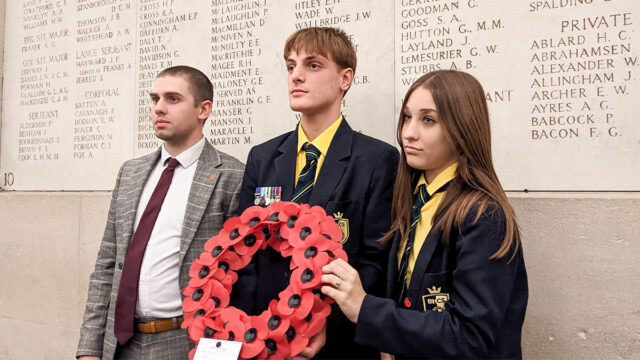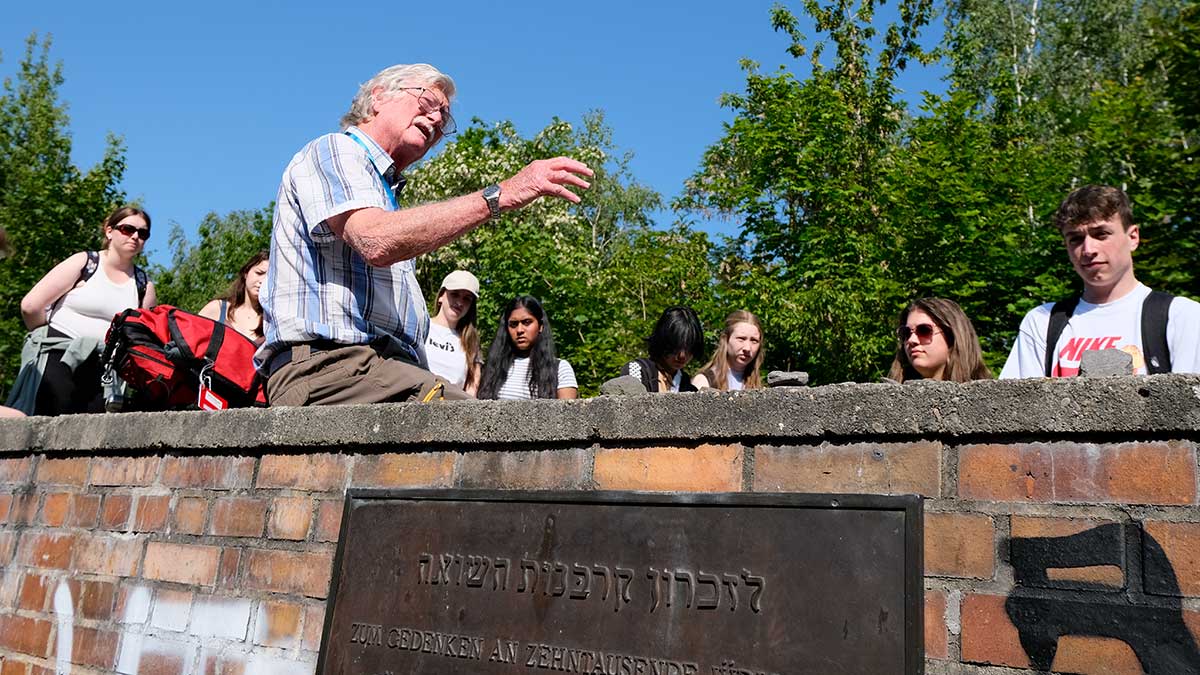
A school history trip to the WW1 Battlefields is exciting, shocking, and definitely remarkable. But to make the trip truly unforgettable, make it personal and inclusive to your group. There are many ways to do this before, during, and after the trip, engaging students before they set even venture out to the WW1 Battlefields!
Before you go…
Before you embark on your journey to the WW1 Battlefields, we recommend you do your research! Ask students to review their local memorial and look for names they recognise, ask family members for stories passed down from wartime, or research people from your area who joined the frontlines. Attaching names and locations close to home can make the events of the past feel more real, allowing students to put themselves in the shoes of those who lived through them.
History Tour Guides
You may have opted for a history tour guide to join you on your school history trip to the Battlefields. If so, they will contact you before you depart, to make sure they know the student’s backgrounds, level of study and the key educational aims of the trip. Providing the history tour guide with any research, images, or information who you’re looking for can also help them to personalise the tour even further.
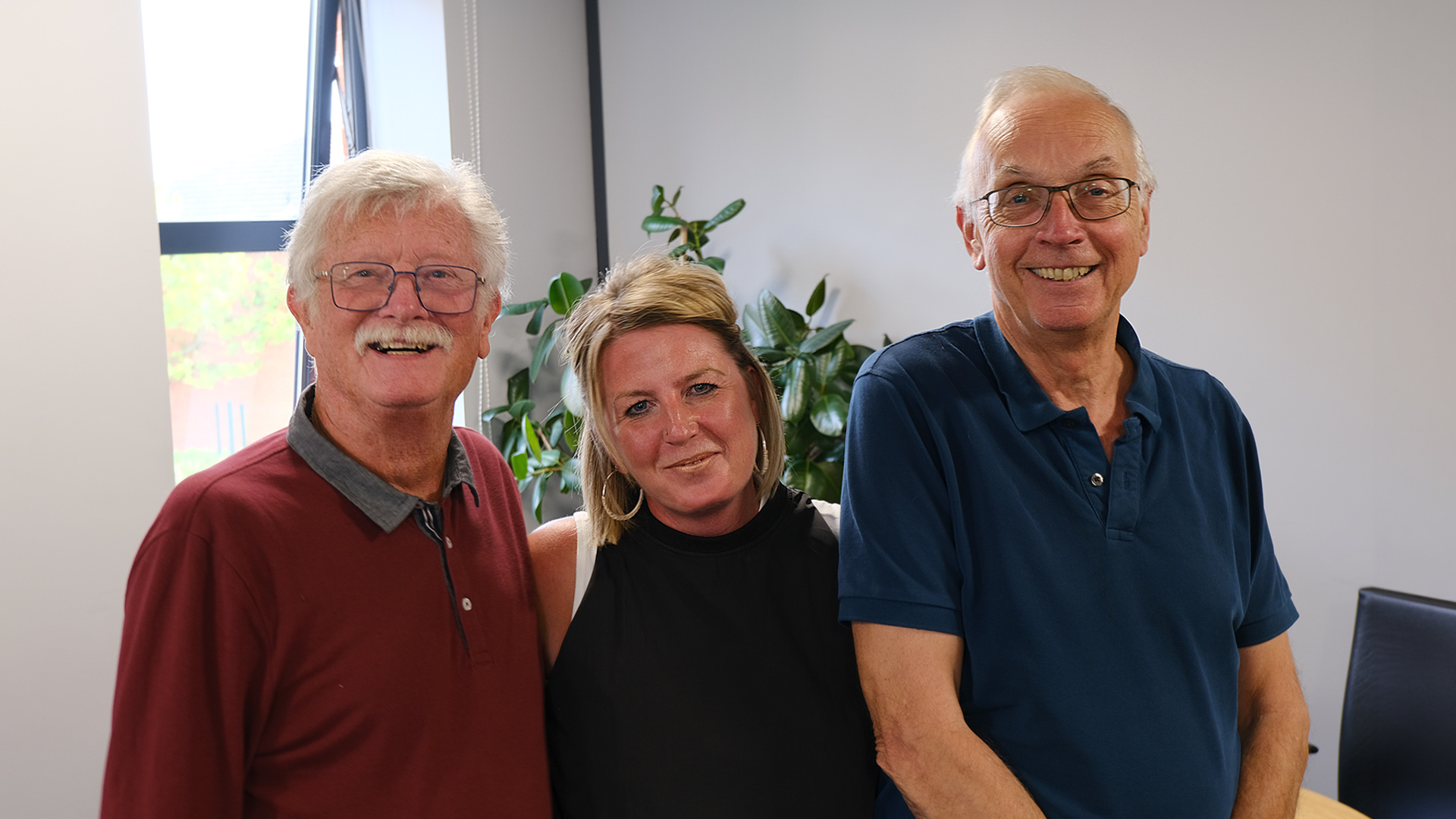
Two of our History Tour Guides, Trevor and Tony had a lot to say about being a History Tour Guide, check out the podcast: http://youtube.com/watch?v=Qo8yzBpAfNg
On The Tour
Learning Styles and Immersive Learning
A WW1 Battlefields school trip offers a variety of learning styles to suit all students’ needs, ensuring they get the most out of the trip. This includes listening to recounts of events, visiting museums, or walking through the dugouts where thousands of soldiers spent their days. Students will be immersed in learning about the past, witnessing what it was like to fight on the frontlines of the First World War 1 Battlefields, the brutality and hardship millions faced, and how they persevered through it all.
Open Conversations
The Battlefields of The Somme and Ypres are strong reminders of who fought and lost their lives during these bloody battles. Having open conversations and including a variety of memorial sites will inform students about how important and diverse the Allied Forces were during World War One. It will show them the global impact it had as it brought soldiers from all corners of the world for one common goal.
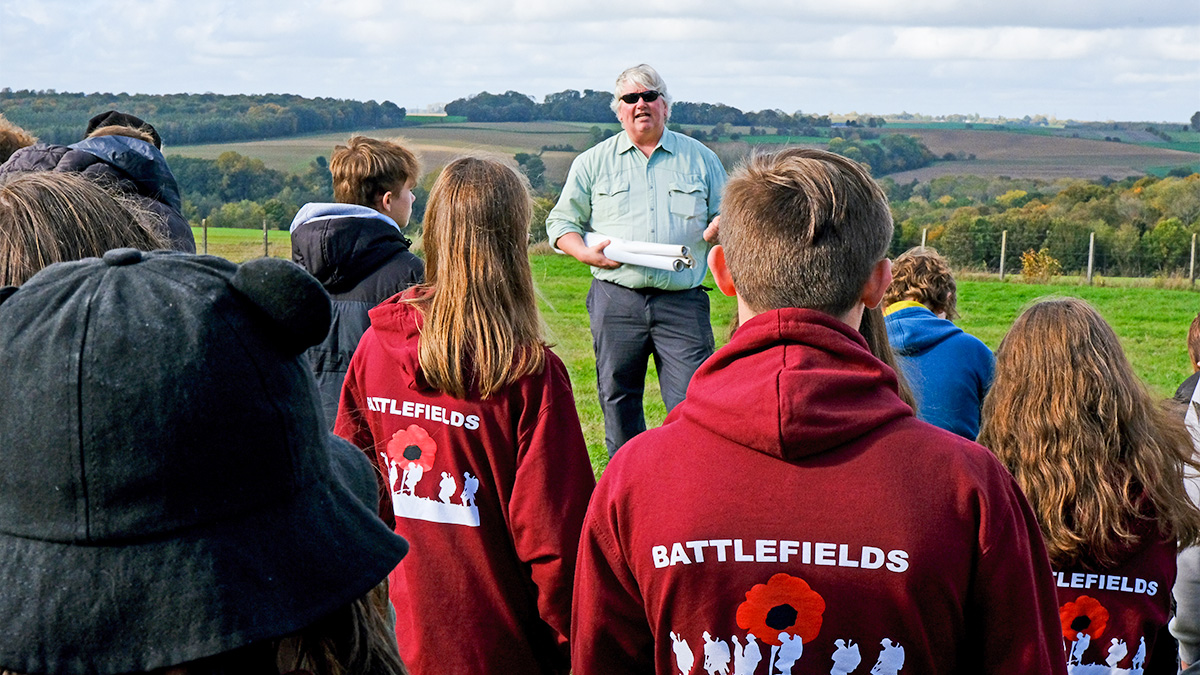
Connecting to the Topics
For each group, our history tour guides will tailor your trip wherever they can to ensure every student connects to the history they are learning about. They know it’s important to young people and a way to keep history alive by visiting key sites and memorials that are relevant to them, whether it be religion, nationality, or gender.
Learning about different perspectives from different voices can make certain many experiences are represented. For example, a 16-year-old boy, local to the group’s hometown signing up and leaving for the battlefields, the Indian Soldiers who fought alongside the British units during the Battle of Neuve Chapelle, to the vital roles women played in support of war efforts.
The Importance of Remembrance
Listening to these stories and visiting the dedicated war memorials also gives students the opportunity to learn about the importance of remembrance and how the war affected people locally, nationally, and globally. It offers them a time for reflection and consideration for the people who sacrificed their lives and lived throughout this unprecedented time.
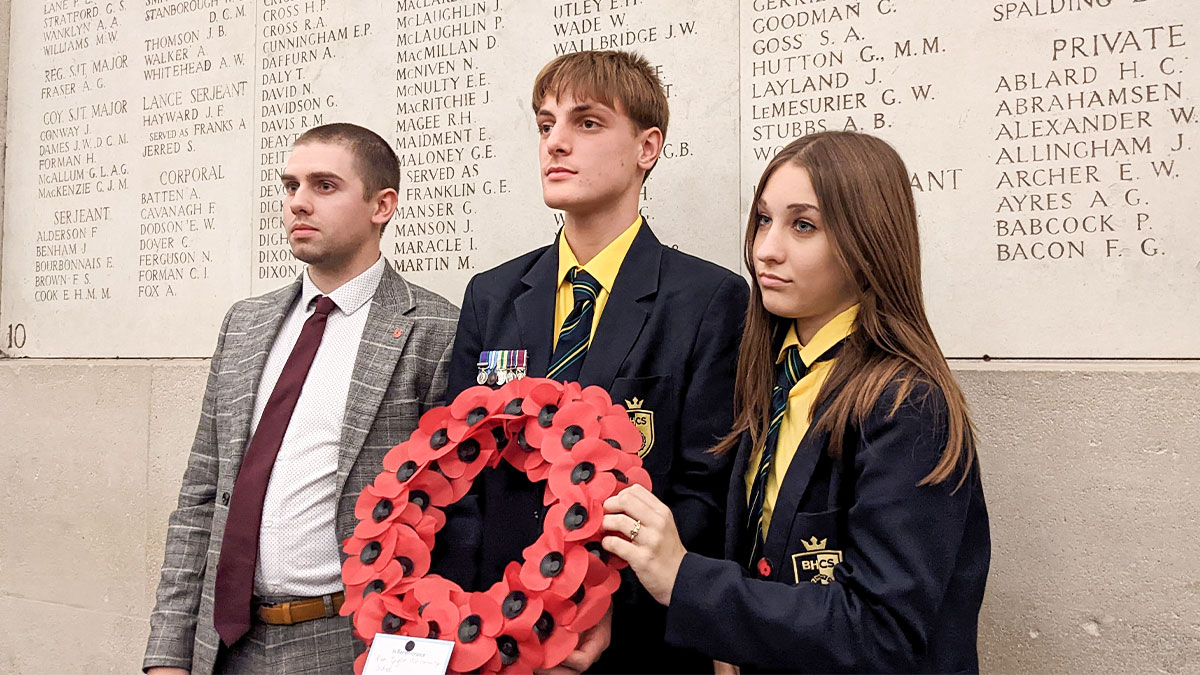
To learn more about why Remembrance is so important for young people, click here.
Post Tour
Both students and teachers will return from their Battlefields school trip with a deeper understanding and knowledge of the true realities and horrors of the First World War and may also have learned something new from our history tour guides!
Students sharing their experiences, what they found both shocking and emotional, or what they’ve learned overall can help keep history alive and personal to them as they discuss what they’ve witnessed and felt during the trip with others.
By taking the personal and inclusive approach to your school history trip to the Battlefields, your tour can be an unforgettable experience! When students are connected to the topic, whether it be through site visits, personal ties to locations, or listening to recounts, they become more engaged and gain more insight into the sacrifices and experiences of those who have passed. School history trips may ignite a passion for topics they are curious about. By making historical topics emotive, exciting, and inclusive, it can help create environments for historical interests to be explored, fostering the next generation of history enthusiasts and keeping history alive.
